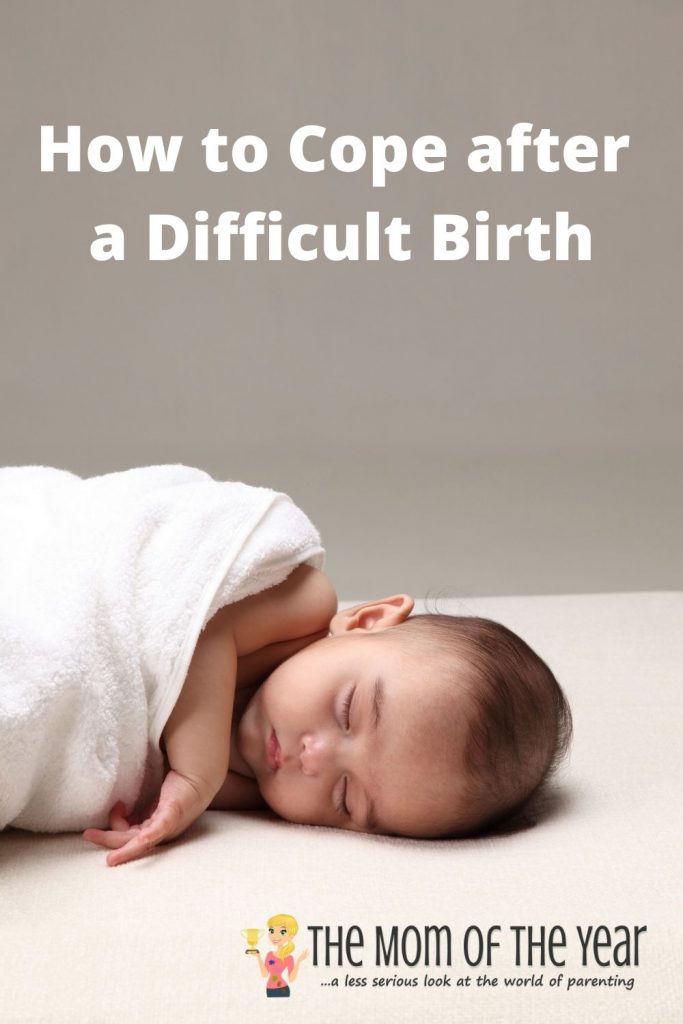Giving birth can be a difficult experience and, while fewer than 2 in 1000 babies will experience trauma at birth, many moms are left feeling emotionally and physically drained after delivery, with some sustaining injuries and lasting psychological damage. It is so important to help moms cope after a difficult birth. Most injuries caused to the baby during birth are minor and heal quickly but others may not become apparent until checking for developmental milestones. Seeking help immediately after birth for their baby’s injuries, and for their own traumatic experience, can help moms to ensure they are properly supported while they recover and that their baby promptly receives the appropriate treatment they need.
Coping with Birth Injuries in Babies
Some common birth injuries such as swelling or bruising of the baby’s head are unavoidable, especially during lengthy or complicated deliveries. However, it has been estimated that almost a third of birth injuries could be prevented, especially with better communication between medical staff. As well as encouraging hospitals to take steps to minimize errors, this highlights the importance of having a supportive birthing partner, especially during a difficult birth, who can help to ensure everything is done to avoid unnecessary distress to both mom and baby. Where mismanaged labor and delivery leads to more serious birth injury malpractice, accessing expert legal support can help moms to cope after the birth and make sure that their baby has the best start in life. By making a claim for compensation not only do families receive assistance with medical bills and future treatments for their baby, but they can also help to prevent the same errors from occurring again in the future.

Dealing with Traumatic Deliveries for Moms
While birth injuries to the baby are quite rare, according to a study in the Journal of Perinatal Education, almost 50% of women experience trauma during childbirth. This can sometimes be due to a lack of appropriate care or, at the other end of the scale, overly intrusive medical intervention. Although less common than the general trauma experienced by many women during delivery, around 9% of women also go on to develop post-traumatic stress disorder following childbirth. This can be caused by physical or psychological trauma experienced either during delivery or immediately postpartum. Feeling powerless or frightened during a difficult delivery, or experiencing physical complications such as hemorrhaging or tearing can lead to flashbacks, panic attacks, and feelings of depression that last long beyond the baby blues. With a new baby to look after, it can be difficult for moms to find time to process their feelings or talk about their experiences. However, as postpartum mental health issues become more widely recognized, there is an increasing number of ways for them to access help, whether it is through an online support group, therapy sessions with a medical expert, or talking to a peer mentor who has been through a similar experience.
As more women seek treatment and compensation for their child’s injuries from a difficult birth and share their own experiences of a traumatic delivery, medical errors can be minimized and the appropriate care and support provided. Fine a mom that may have struggled and share these resources to help her cope after a difficult birth.
Latest posts by Meredith (see all)
- The Dollhouse Academy Book Club Discussion - February 14, 2025
- Somewhere Beyond the Sea Book Club Discussion - January 10, 2025
- Here One Moment Book Club Discussion - November 8, 2024


Leave a Reply